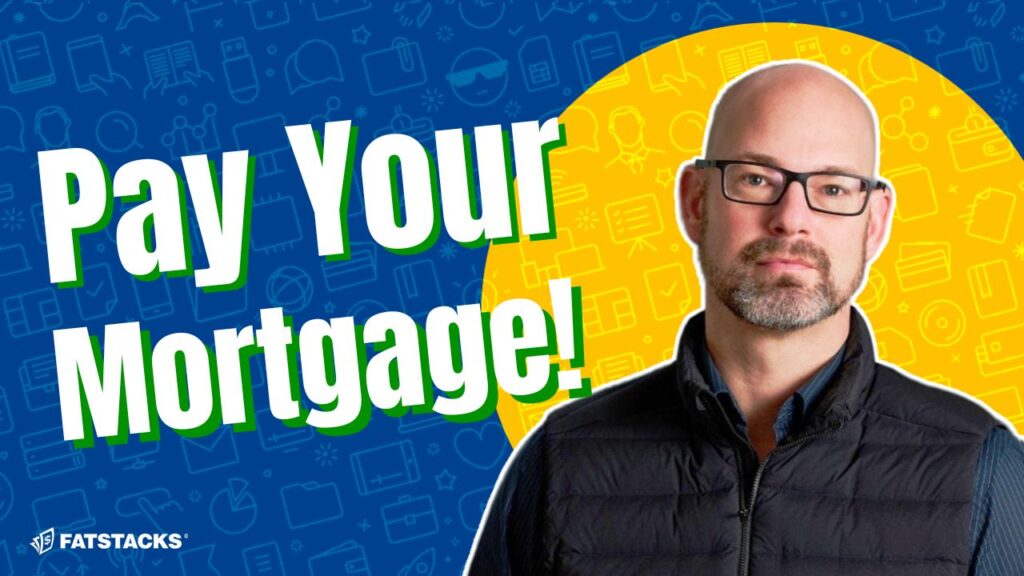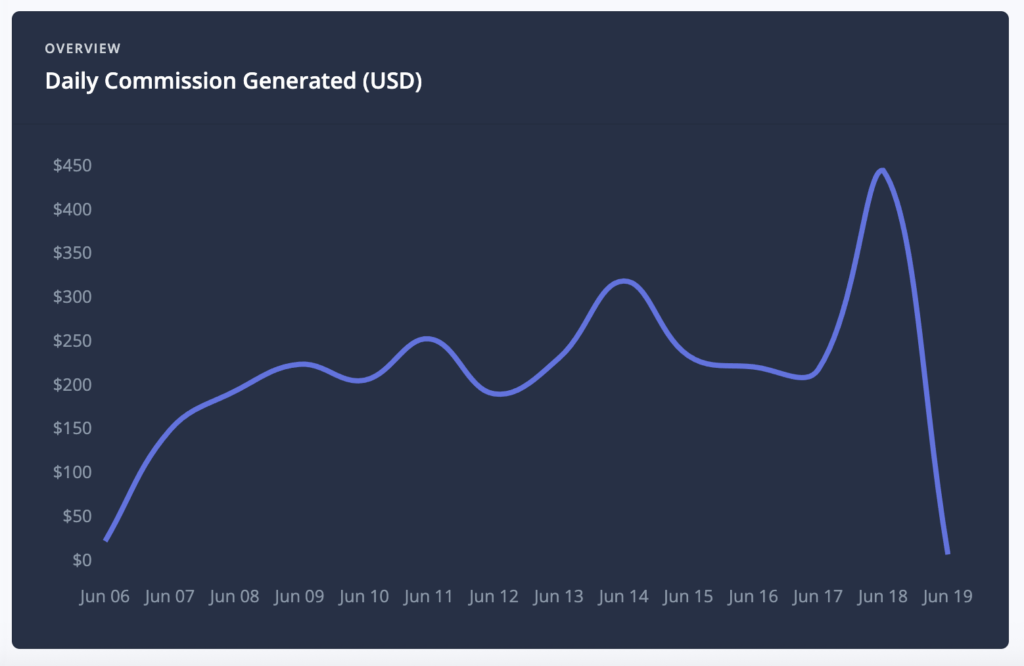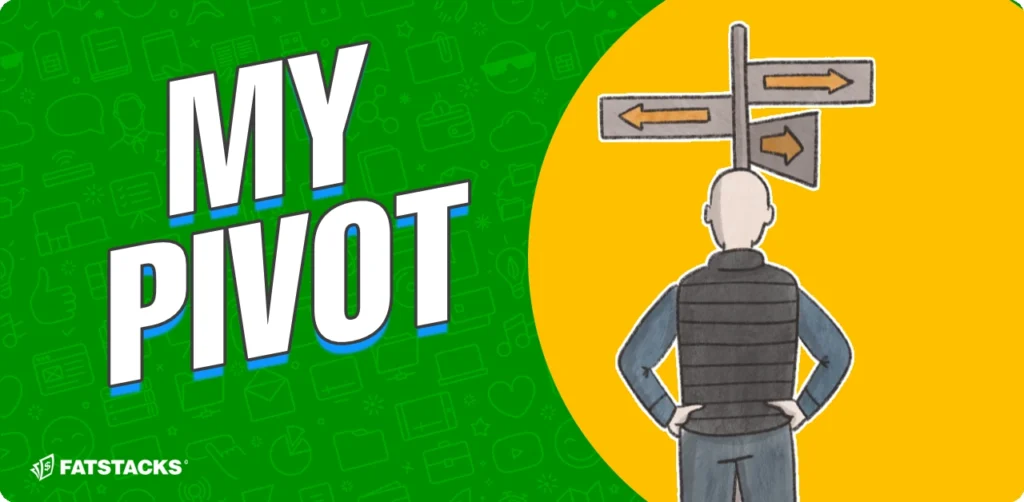
“Trademark and Copyright Infringement.”
That’s the subject to an email I recently received.
That got my attention.
Being a website owner who publishes a lot of photos on my sites, my heart rate spiked. Even though I have written permission or a license for all photos I use, you never know if I or a VA made a mistake.
I opened the email which curtly said “Please see the attached”.
What is it with some lawyers having to be such curt jerks?
I open the attachment.
It’s some long drawn out letter threatening to sue me for civil damages, punitive damages and to add insult to injury, pay all legal costs incurred by his client, blah, blah, blah.
What did I do now to deserve being sued into oblivion?
I kept reading and quickly realized this lawyer was dumber than a sack of hammers. Not only can lawyers be total jerks, they can be incredibly stupid too.
The letter goes on:
“It has come to the attention of our client that your website www.xxxx.com, utilizes a video entitled “XYZ”, and in that video the trademark [their client] is utilized…”
I knew right away what video the letter referenced.
Get this, it’s a video I embedded from YouTube.
This lawyers’ client uploaded a video to YouTube, made it publicly available with the embed feature turned on. I’m getting sued for this?
Helloooo.
Does anybody have a clue?
In case you don’t know, when you upload a video to YouTube and you make it publicly available with embedding turn on, you agree it can be embedded on websites. It’s paragraph 6. (c) of the YouTube TOS. Most people know this, at least us humble bloggers. You’d think some lawyer who specializes in intellectual property who goes after website publishers would have at the very least read the YouTube TOS.
Moreover, the video I used, while informative, was a great promotional video for this lawyer’s client. The article it was embedded on gets lots of traffic.
Why on earth would his client want the video taken down?
Not only that, his client has an affiliate program which means the client sought exposure and was willing to pay for it.
Talk about weird.
The only conclusion I could come up with was the lawyer was taking a shotgun approach on behalf of his client threatening to sue everyone under the sun without having a single clue about anything online. While his client probably instructed him to protect intellectual property, the lawyer took that as instructions to totally blow up his own client’s marketing efforts by going after any instance where his client’s trademark appeared.
I’m not the smartest marketer around, but it seems to me having your logo and videos distributed is usually a good thing. But then, what do I know; I’m not an intellectual property legal expert (although I am a lawyer).
I decided to have some fun.
I removed the video and responded that I removed the video. I then pointed out paragraph 6. (c) of YouTube’s terms of service suggesting that it was okay for me to embed the video. I was super thoughtful by conveniently linking to the YouTube TOS since he clearly had no idea where it was.
Then I told him that I had removed every mention, link, and photo of his client on my site and replaced all that free marketing with XYZ corporation (his client’s competitor).
I concluded my reply asking Mr. Intellectual Property lawyer that he forward this entire response to his client and that his client consider this email response as an application to be an affiliate.
The next day the lawyer replied “… there’s no need to delete links to my client from your website.” That’s all he said.
Surely an apology was in order, don’t you think?
Of course I have no interest in being an affiliate for that company. I’ll never mention them again.
I do, however, promote the heck out of their competitors.
Who are the lawyer and the client?
As much as I despise being unjustly threatened, I’m not going to muddy it up further by naming names.
One bit of irony is if I published the lawyer’s letter here, I may well infringe the lawyers’ copyright which may attach to the letter. While Eugene Volokh opines doing so would probably not be infringement, I have no taste for fighting out that issue in court.
Check out the comments below
There’s plenty of additional info on this subject in the comments. If you have something interesting to add (links to relevant articles and/or personal experiences in this arena) to the discussion, please do.

Jon Dykstra is a six figure niche site creator with 10+ years of experience. His willingness to openly share his wins and losses in the email newsletter he publishes has made him a go-to source of guidance and motivation for many. His popular “Niche site profits” course has helped thousands follow his footsteps in creating simple niche sites that earn big.






Two years ago I got a letter from an attorney demanding $15,000 for damages for using his client’s photo on my website. The photo was licensed as Creative Commons and I had followed all of the terms and requirements of the license. I took a screenshot showing the photo was licensed as Creative Commons in case there was any dispute in the future (I did remove the photo as well). After pointing out the Creative Commons license to the attorney I never heard back from him, but the license was changed. Like your situation, I would have thought that an attorney specializing in copyright infringement would check the license of a photo before sending a letter FedEx to my house seeking damages. Especially since my site clearly linked back to the source page where the photo was licensed as Creative Commons.
Hey Marc,
I guess lawyers can bill their clients more money drafting and sending a letter than taking 10 minutes to investigate the medium they allege to be infringing copyright. It’s pretty disgusting. The Copyright trolling industry seems to be growing. While in my case and yours the lawyer was in the wrong (hard to say if copyright trolling), if a publisher makes a mistake, either accidentally or intentionally, paying the high settlement demands is cheaper than litigating, even if the potential damages amount awarded by a court is much less. It costs a fortune to litigate and that’s what the trolls bank on.
I’m not suggesting that infringing copyright is justifiable at all; however, there should be a better system in place where these matters can be quickly and inexpensively adjudicated such as tribunals.
Another solution would be for people like you and me being able to claim damages against lawyers and parties who send frivolous cease and desist letters. After all, I had to spend 2 hours on the matter which costs me money. If a cease and desist letter is sent erringly, I should be able to claim $500. I bet that would stem the frivolous trolling.
Yeah, I actually paid a few hundred dollars to get an attorney’s advice on the situation. In my case I was contacted by an attorney from a company that specializes in copyright infringement for photographers. Photographers pay them a monthly fee and when they see something worth going after they do. There are definitely legit cases where photographers (and other creatives) need to have their intellectual property and copyright protected, but I’m not a fan of the approach of waking up in the morning and saying “who can I sue today?”
The copyright trolling industry is alive and kicking, that’s for sure. Fortunately I didn’t have to hire a lawyer since the situation resolved once I pointed out that YouTube has a Terms of Service… who knew, right?
Recently there was a lawsuit upheld regarding coyright infringement from an embedded Tweet. It sets a worry precident… https://www.theverge.com/2018/2/16/17020278/tweet-embed-copyright-infringement-justin-goldman-tom-brady-photo-ruling
Hey Dan,
Great share. I think one distinguishing feature in that story is that the copyright holder (Goldman) posted to Snapchat and then the infringers (for lack of a better term), unilaterally tweeted it, which is a different platform. I wonder if Goldman had uploaded the photo to Twitter initially if the retweets wouldn’t have been found to be infringing due to Twitter’s TOS.
I don’t use Snapchat, but I did read that Snapchat stories can be embedded. I wonder whether embedding the Snapchat photo story would have been an infringement.
A good lesson here is cross-channel promoting may be found to be an infringement. Just because it can be tweeted or posted or pinned I guess doesn’t mean it’s legal. Murky waters indeed. Perhaps in the Goldman case, he put the photo on Snapchat with embedding not enabled so the infringers chose to Tweet. We don’t know without reading the entire case.
In my case, the company that initially alleged copyright infringement against me had uploaded the video to YouTube in a way that they agreed to the video being able to be embedded on websites. Anyway, I didn’t push the issue. I removed the video anyway because it’s no skin off my back and I certainly don’t feel like trotting off to Federal Court in the USA to fight it. Perhaps if I had hundreds of millions of dollars I’d fight stuff like this for sport, but sadly I don’t and so I’m in no position to push the issue.
Thanks Jon for this great post. Recently, I also received a similar email.